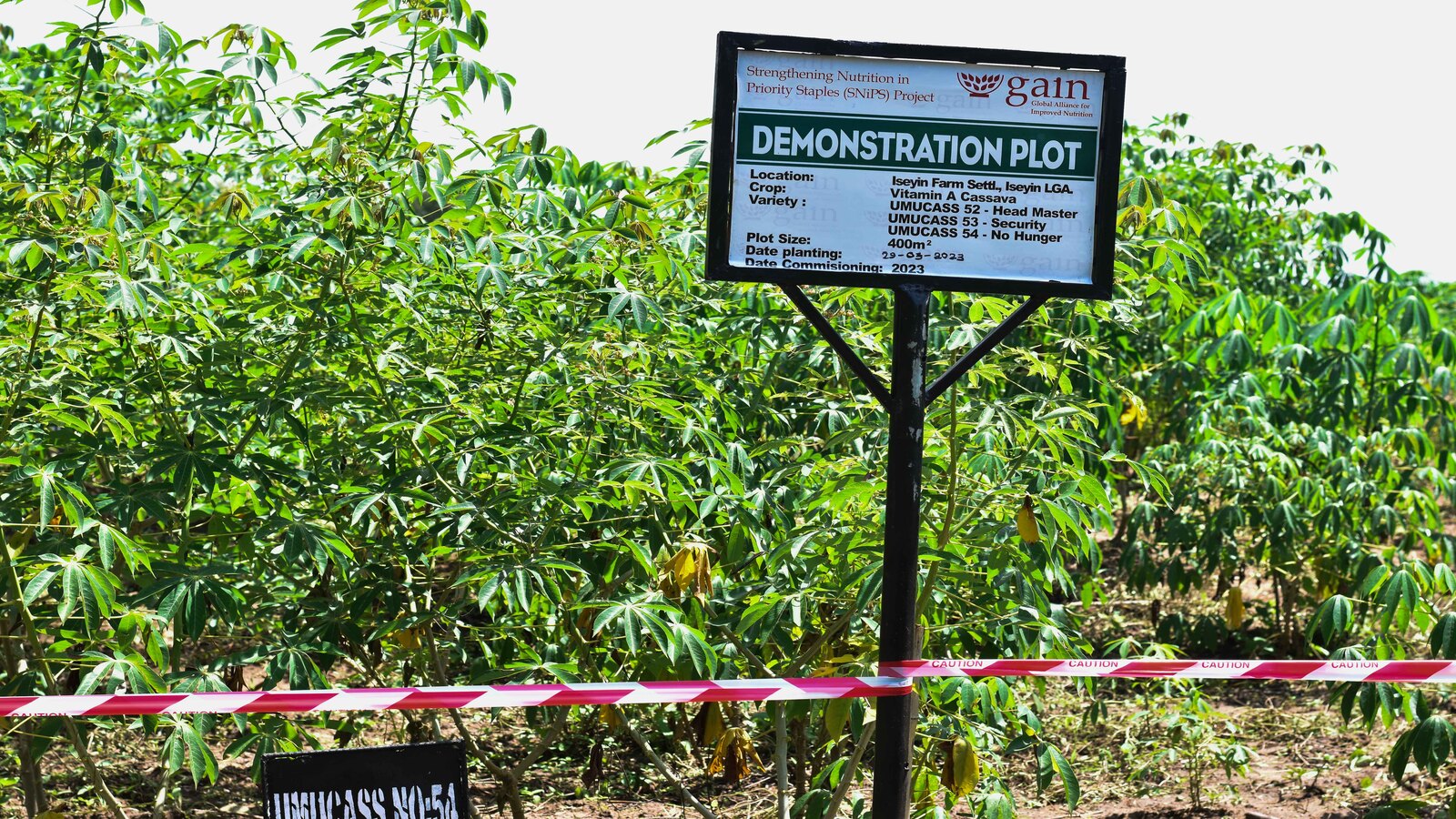The GAIN SNiPS Project
When we think of hunger, we often imagine people who do not have enough to eat. However, there is another type of hunger that is just as devastating, yet less visible. Micronutrient malnutrition, also known as hidden hunger, affects 2 billion people around the world. This means that a quarter of the global population is not getting enough vitamins and minerals for healthy growth, with devastating effects on their health, productivity, and even survival. The consequences are particularly acute for children and pregnant women, leading to physical and cognitive consequences that can last a lifetime. For instance, according to Global Hunger Index – as published by the International Food Policy Research Institute (IFPRI) – hidden hunger, can lead to “mental impairment, poor health, low productivity, and even death”. Its adverse effects on child health and survival are particularly acute, especially within the first 1,000 days of a child’s life, from conception to the age of two, resulting in serious physical and cognitive consequences.
Hidden hunger, according to GAIN, is particularly acute in Nigeria, among farmers and their families “who grow and eat their food and whose diets are overly reliant on staple foods, lacking in the diversity of foods needed to meet multiple nutrient requirements.” It is against the backdrop of tackling hidden hunger and preventing micro-nutrient malnutrition, that Diamond Development Initiatives (DDI has commenced the implementation of the biofortification component of the Strengthening Nutrition in Priority Staples (SNiPS) Project. The aim is to enhance the availability and accessibility of Vitamin A Cassava (VAC) to smallholder farmers in Afijio, Iseyin, Iddo and Oyo West LGAs of Oyo State, strengthen the Vitamin A Cassava value chain and ultimately lead to increase in consumption of vitamin A as well as improved nutrition for the local population.
To achieve this, DDI has commenced the deployment of what it has termed the ‘Hub and Cluster’ model, an intervention that will provide safe nutritious foods to farmers and their families as well as other consumers in the selected communities. It will also encourage the adoption, cultivation, and improved production of Vit-A Cassava among the farmers in the proposed project areas. The DDI model is being deployed through farmers’ training, and capacity building around Good Agronomic Practices (GAP) for improved production, harvest, and post-harvest handling. It will also ensure the development of linkages between the smallholder farmers and other key value chain actors.
The model will also strengthen the aggregation and offtake of Vit-A Cassava by food processors while ensuring adequate follow-ups to measure adoption and output progress and supporting community resilience and participation. This will be achieved by building the capacity of cassava stem (seed) producers to increase production and improve quality, as well as improving access to these stems (seeds) for farmers. In addition, the Hub and Cluster model will entrench gender inclusivity, in terms of the selection of beneficiaries and staffing, by ensuring that women are well-represented in the project’s life cycle.
At the heart of this project is DDI’s over 20 years of commitment and experience in designing and implementing projects that target the unserved and underserved populations across Nigeria. DDI is focusing on delivering value to smallholder farmers, all cassava value chain actors and the good people of Oyo State, Nigeria. DDI is proud to be working with GAIN on this important initiative that promises to ultimately lead to increased production and consumption of Vitamin A Cassava as well as improved nutrition for the people of Oyo State, Nigeria.
ABOUT SNiPS: The Strengthening Nutrition in Priority Staples (SNiPS) Project which was launched in 2021 is funded by the Global Alliance for Improved Nutrition (GAIN) Nigeria, in partnership with Deutsche Gesellschaft für Internationale Zusammenarbeit (GIZ) and the Green Innovation Centre for the Agricultural and Food Sector in Nigeria, with support from the German Government through the Federal Ministry for Economic Cooperation and Development (BMZ). The 5-year project is aimed at improving access and consumption of safe and nutritious foods in Nigeria, with a focus on four major priority staples: Cassava, Maize, Rice, and Potato. The project targets the four states of Benue, Kaduna, Nasarawa, and Oyo, and aims to bring forward innovations that contribute to smallholder farmer livelihoods and sustainable rural development.







